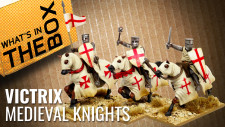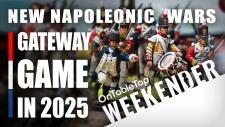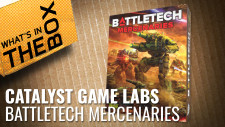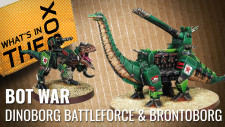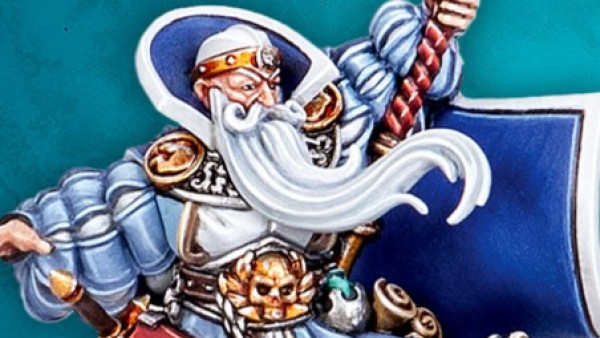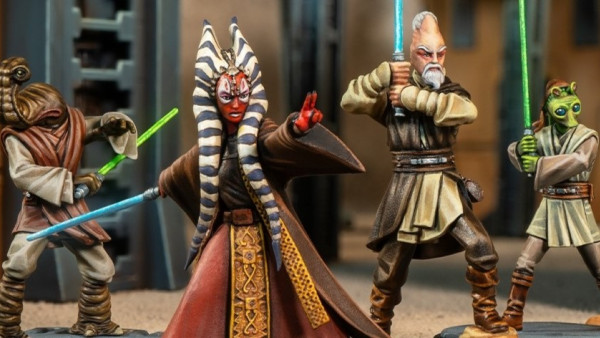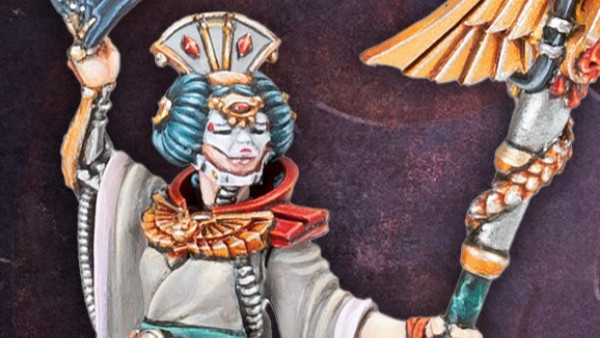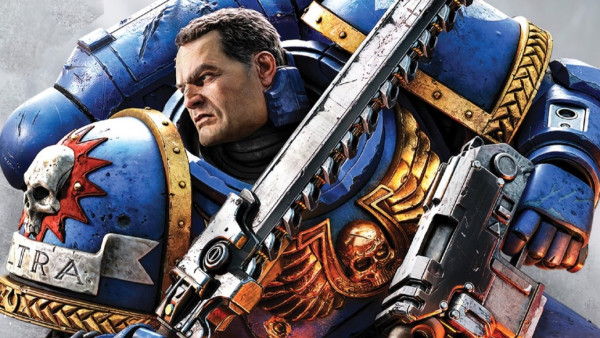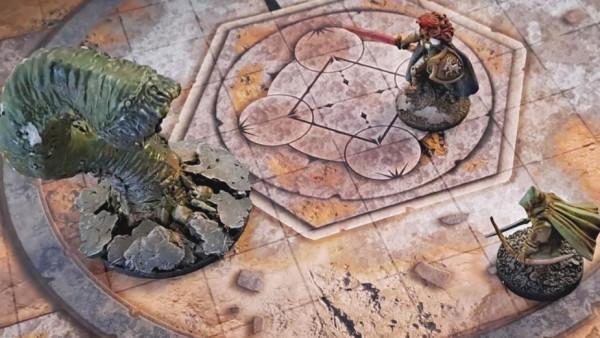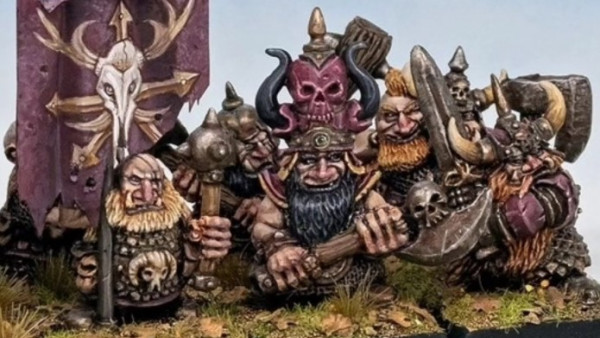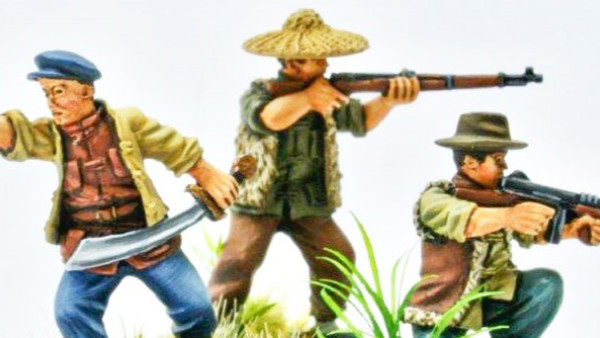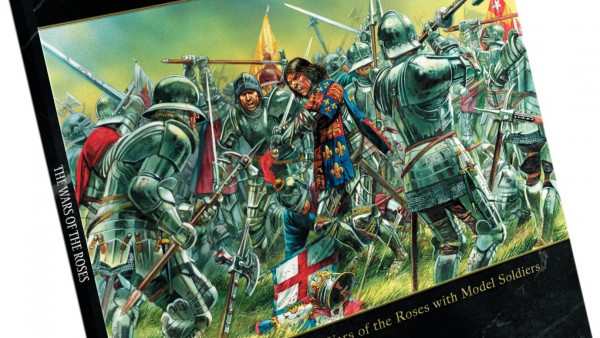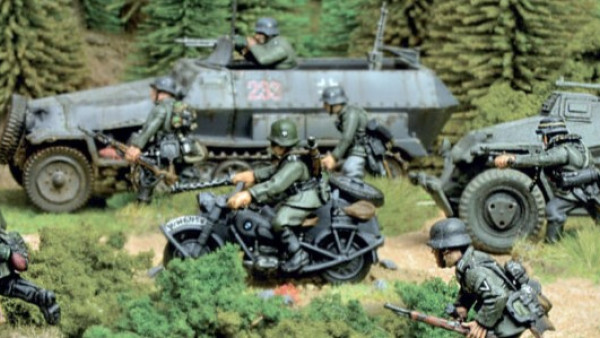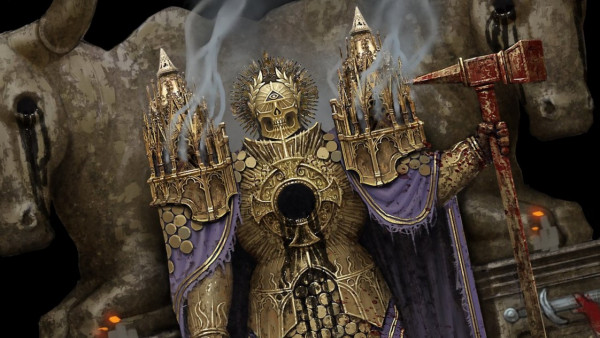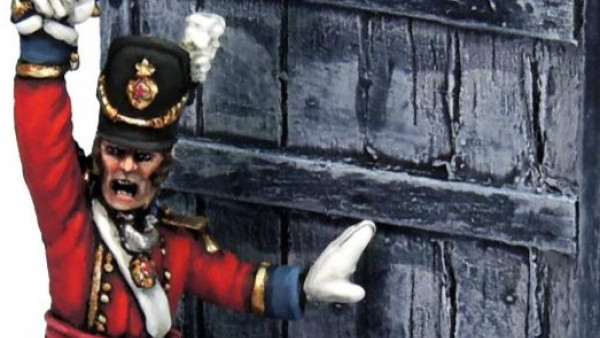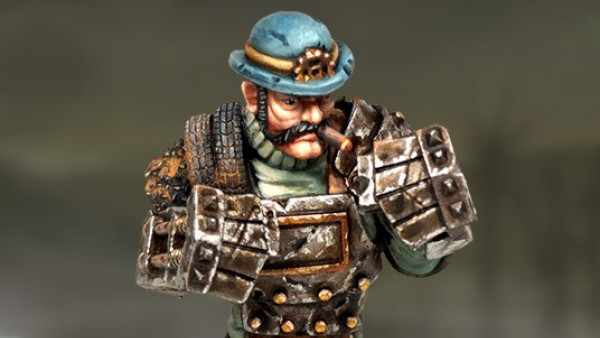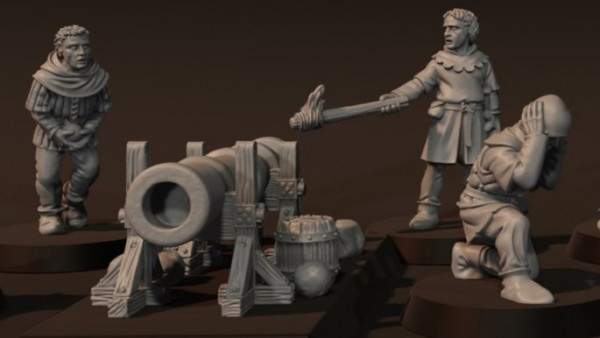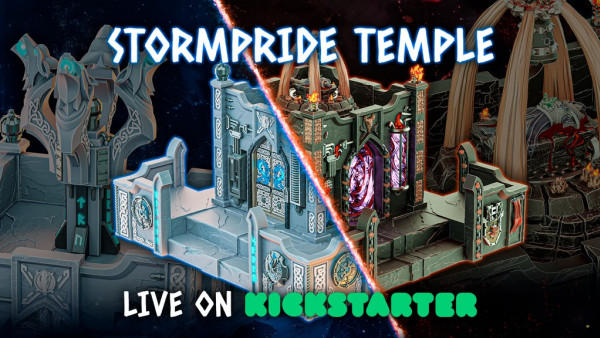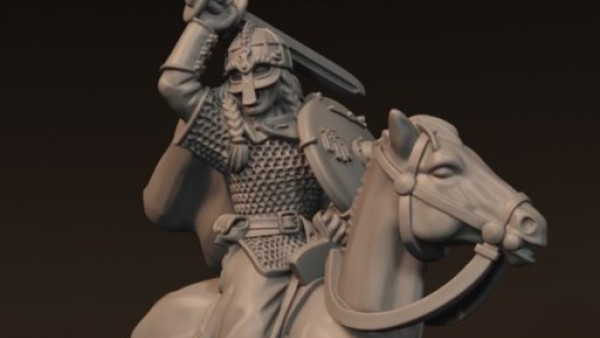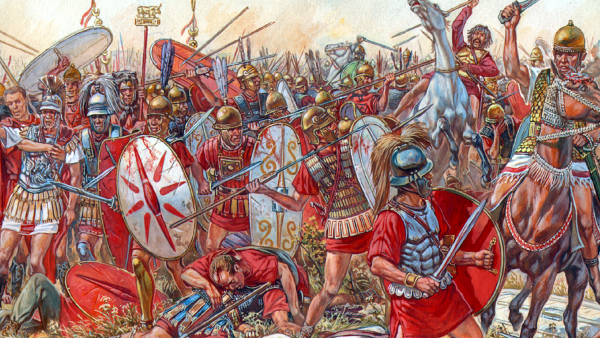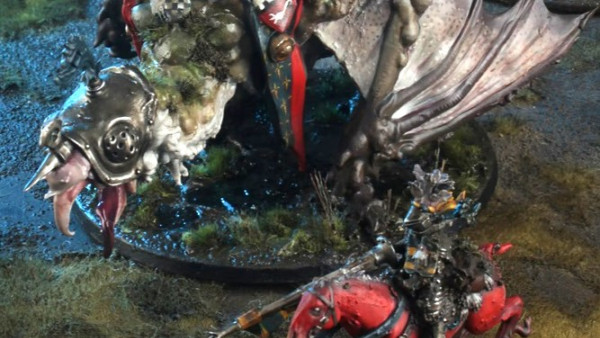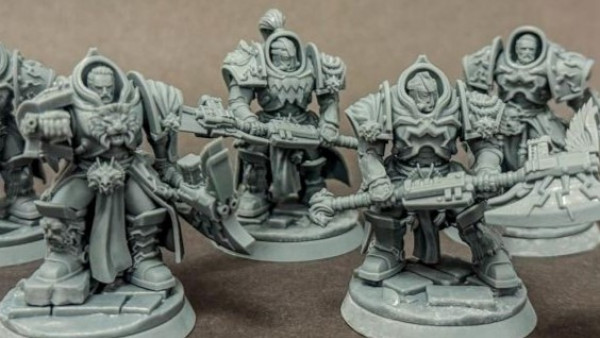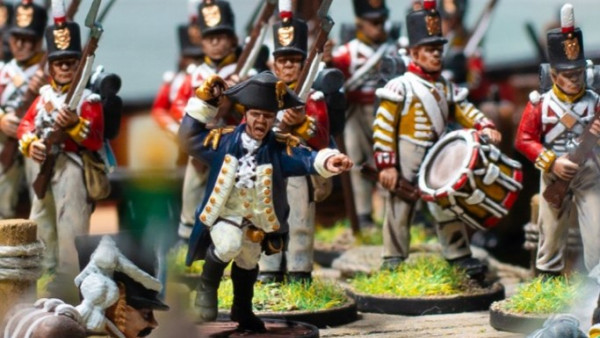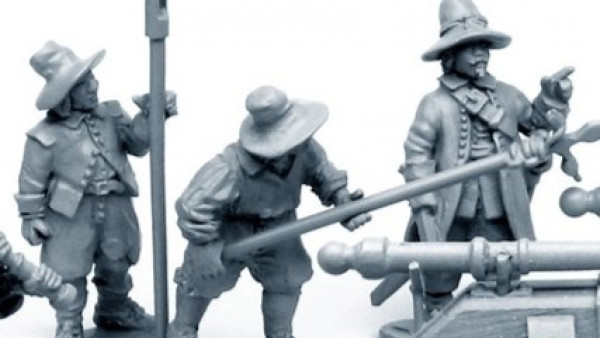Home › Forums › News, Rumours & General Discussion › Tabletop for people with visual impairment
This topic contains 12 replies, has 9 voices, and was last updated by ![]() ced1106 1 year, 10 months ago.
ced1106 1 year, 10 months ago.
-
AuthorPosts
-
January 18, 2023 at 6:22 am #1797805
Hello all,
Because I was asked about this yesterday in a social medium: are there systems/game types in the tabletop area that are suitable for blind and severely visually impaired people? Do you have any sources, contacts or ideas? Simulators such as tabletop simulators are not wanted. The person would like to experience the real minis.
Thank you in advance.
PS: This might also make for a good Weekender topic I think. @warzan @lloyd @avernos @brennon
January 18, 2023 at 7:41 am #1797808You may want to look at chess sets that are used for the visually impaired.
The pieces have a small peg in the base that plugs into a hole in the board.
This allows the visually impaired player to feel where the pieces are without knocking them over.
The sighted player uses the same board.
https://www.chessworld.com.au/blind-chess-set-for-vision-impaired-players/
You might be able to attach magnets to the figure bases and use metal sheet under the gaming board.
January 18, 2023 at 9:46 am #1797811Thanks, they are aware of that chess system but they actually want to get into Tabletop Miniature Wargaming.
January 18, 2023 at 11:38 am #1797856I hate to quote Gerry… but theatre of the mind… but that only works or RPGs, not skirmish.
January 18, 2023 at 11:54 am #1797857January 18, 2023 at 1:40 pm #1797892I wonder whether something like Age of Penda might work?
Grid based, so no need for precise positioning, scope for using large bases of models, and you can blow up the order chart to a bigger size; basically all things that might mitigate for a degree of visual impairment.
January 18, 2023 at 1:47 pm #1797893I was thinking of Battletech and similar games using hex maps. Still collecting ideas. Thank you.
January 18, 2023 at 4:43 pm #1797898Grid and Hex systems both sound good – Strengthy and Honour is grid based and the tiny scale allows for whole battles all in one go, arranging the units differently on each different type of base would allow someone to feel the different units without having to ask.
An alternative would be to go the opposite way and go for big minis using a skirmish rule set. Western gunfights are relatively easy with 54mm or larger minis fairly easy to source. For 40K context specifically why not try to reverse the Inq28 idea. They took the 28mm minis from 40K and Necromunda and played Inquisitor with them. You could try the opposite and invent Necro54, use the Inquisitor or other 54mm+ minis and play Necromunda. If that is a bit too hard to manage then Blackstone Fortress uses very few minis so could convert to 54 or 75mm and the game pieces could be scaled up very easily with a scanner and printer to enlarge the tiles proportionally.
January 18, 2023 at 6:34 pm #1797921Would DeadZone from Mantic work?
January 28, 2023 at 7:05 am #1799178I don’t know of any “fog of war” miniature games, but these would fit with visual impairment. You might have to redesign a wargame to not be visually oriented and use different senses. For boardgames, as an example, is Nyctophobia, which is played entirely in the dark, except for the bad guy, who can do anything, including touching the players, make sound effects, etc.
January 31, 2023 at 4:42 pm #1799944These people have braille dice:
https://www.dotsrpg.org/3d-models
Might be cool if they could get numbers on them too for those who don’t know braille.
February 1, 2023 at 6:02 pm #1800199Perhaps a set of Travel Battle from the Perry Twins (plus the dice Lloyd mentioned with the faces marked up for non braille readers) ?
February 4, 2023 at 10:09 am #1800579> I hate to quote Gerry… but theatre of the mind… but that only works or RPGs, not skirmish.
Something that I’ve always found odd about wargames was how *accurate* the information was. I mean, the Avalon Hill wargame 1776 suggests that, during the American Revolution, we had surveillance satellites that somewhat accurately tracked the location and movements of American and British troops. No, we didn’t.
So back to fog of war. I’ve been following the Ukranian War, and it’s *very* apparent that one side can better track the location and movements of the other. Especially when you hear the phone transcripts, you know that one side has *no* idea where the enemy is, something entirely different than the static miniatures in a skirmish game. Then each layer of command “embellishes” their reports up the chain of command, to the point where the highest-ups are making decisions based on wholly inaccurate and inflated information. Not having luck finding any wargames, including video games, that do this sort of thing. But you wouldn’t need an actual board to do this (maybe a GM instead), so you could play a “theatre of the mind” wargame like this, including the old “play by mail” format, where players would send in their orders to a GM (or, rather, company using a computer to track things), and have to wait for the results. Such a format should easily provide incomplete information to both parties, and could be written (including text to speech) for vision-impaired people.
Audio-only games, including those specifically for the blind, exist, although I couldn’t find any in the wargame genre. I know horror games are popular as audio-only games, and Alexa has some *free* CYOA games: https://www.digitaltrends.com/home/best-games-to-play-with-alexa/
https://rpg.stackexchange.com/questions/132882/how-were-play-by-mail-games-played-in-the-1980s
-
AuthorPosts
You must be logged in to reply to this topic.































